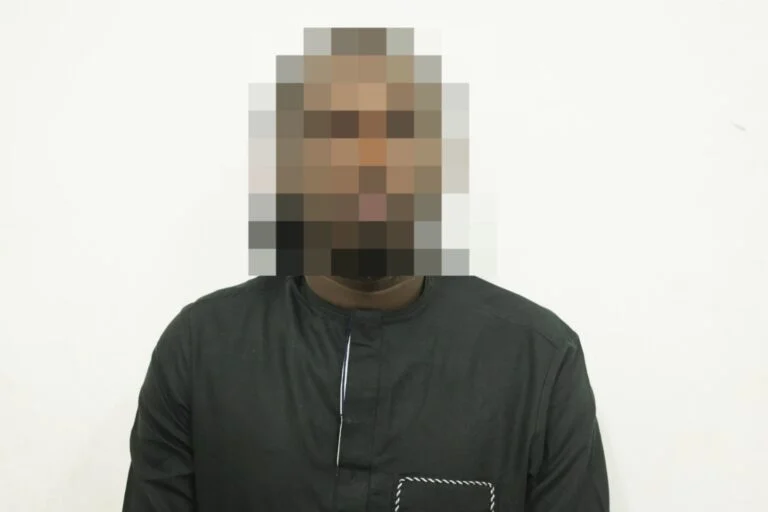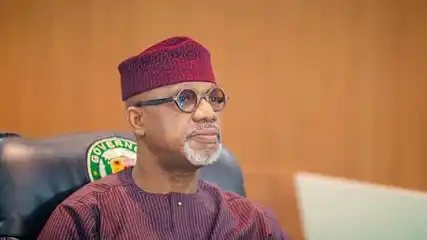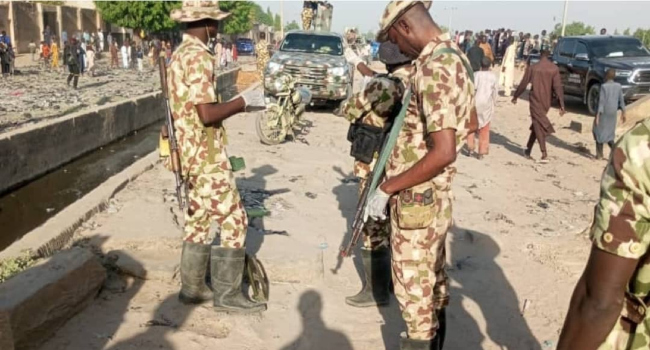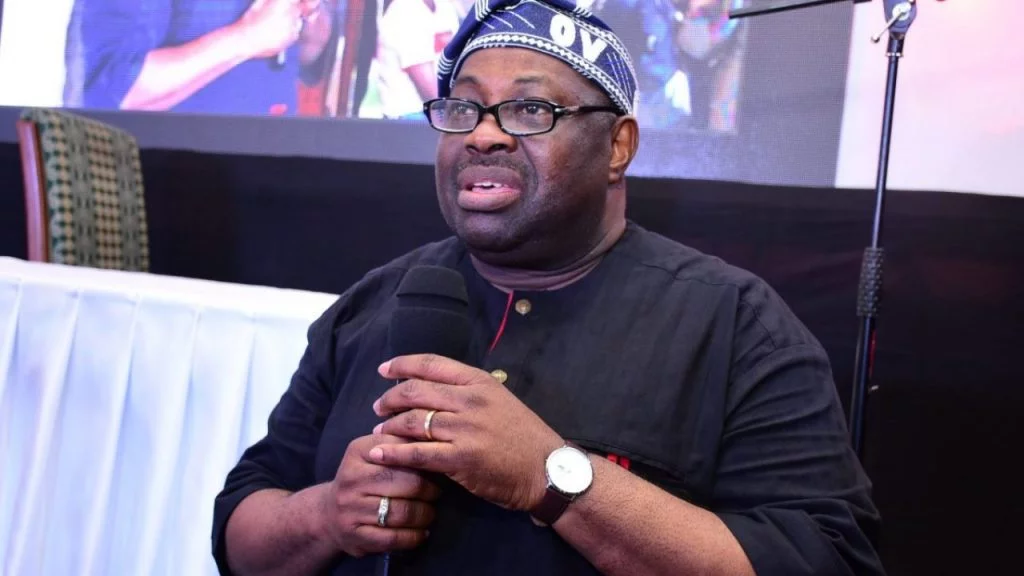Black Market, Conflicts Undermine Tinubu’s CNG Rollout
Investigation has uncovered how black market diversions and conflicts of interest are threatening the success of the Presidential Initiative on Compressed Natural Gas (PICNG), launched by President Bola Tinubu to reduce transportation costs after the removal of the petrol subsidy.
The weeks-long investigation involved field reporting, analysis of public records, and interviews with key stakeholders in Nigeria’s CNG ecosystem.
Findings reveal that systemic diversion of free CNG conversion kits and questionable ties between officials and private contractors are undermining the integrity of the programme.
Launched in May 2023 following the fuel subsidy removal, the PICNG was designed to ease the burden of high transport costs on Nigerians. The federal government pledged to distribute one million free CNG conversion kits for commercial vehicles nationwide.
Michael Oluwagbemi, Project Director and CEO of the PICNG, announced that 10,000 kits would be distributed in the first phase, with priority given to groups such as the National Union of Road Transport Workers (NURTW), ride-hailing companies like Moove and Uber, and state transport agencies like the Kaduna State Transport Authority (KSTA).
However, insiders and industry observers have raised red flags over the widespread resale of the supposedly free kits on the black market, as well as conflicts of interest involving some top PICNG officials and vendors.
These issues risk derailing a programme that was supposed to serve as a major economic buffer for millions of Nigerians.
The presidency and the PICNG team are yet to respond formally to the allegations, but civil society groups and transport unions are calling for urgent audits and reforms to salvage the initiative.







